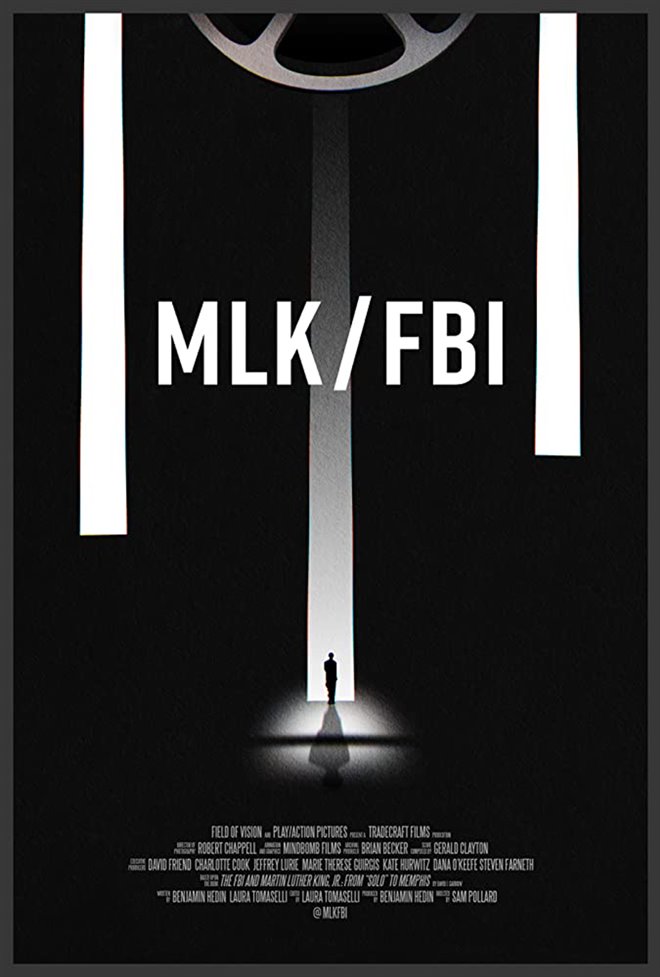Movie Breakdown: MLK/FBI (Noah)
Pre-Screening Stance:
A film composed almost entirely of archival footage of Martin Luther King Jr., the Civil Rights Movement, J. Edgar Hoover and the chaotic culture of the 1960s? It has the potential to be a stunner.
Post-Screening Ramble:
As just a historical document and an exploration of the FBI’s undue, and frankly sinister, involvement in Martin Luther King Jr.’s life, Sam Pollard’s MLK/FBI is an astounding piece of documentary film. With a seemingly endless supply of mouth-dropping archival footage at his beck-and-call and with a slew of historians, notable figures from the time, and a few surprising voices (James Comey) guiding the film’s narrative, Pollard is able to cast light on a dark corner of the FBI’s history, while allowing the viewer to see Martin Luther King Jr. in a surprisingly intimate manner. This is not just King the strong, captain of the Civil Rights Movement, but King as a man haunted by his own actions, fearful of their impact on the great work he has dedicated his life to. Pollard makes no qualms about his thoughts on FBI director J. Edgar Hoover or his noxious influence on forty years of American presidents, crafting a film that picks apart the illusion of the FBI in the middle of the century, exposing the paranoia and concurrent racism of a single man that drove it.
So yes, this is an incredible document of history, and a bold shifting of the perspective on both King Jr. and J. Edgar Hoover, but in the wake of the “Siege of the Capital” that occurred on Wednesday of last week, this film becomes something wholly more important. Sixty years ago, Martin Luther King Jr. and his followers attempted (and to some degree succeeded) to change the dialogue of American society through non-violent protest. They pushed back against a country that saw them as less than human with peaceful protests and in response were beaten and arrested, to say the very least. And though we look back on the late 60s as a giant step forward for equality in America, while watching MLK/FBI all I could think was how similar the scenes depicted here looked to the scenes we saw this year with BLM protestors getting batoned and tear gassed while just trying to claim the tentative equal rights they’ve been told are theirs to have. It is a powerful film on its own, but in lieu of the last year of being an American, it feels downright prophetic. The hard core of racism in which our American belief structure orbits didn’t disappear in the late 1960s, it simply receded far enough out of our collective line of sight that we could pat ourselves on the back and say, “Look how well we’ve done.” Pollard’s film is just another reminder that when you pull the curtain back, things haven’t changed that much at all.
One Last Thought:
It is absolutely fascinating to see MLK Jr. as more than a burnished Civil Rights leader history has flattened him into. There are moments in this film where you are staring at King prior to an interview or a speech and just seeing the emotions dancing across his face is such a huge step in terms of reminding us of his humanity and what he was able to do with it.


